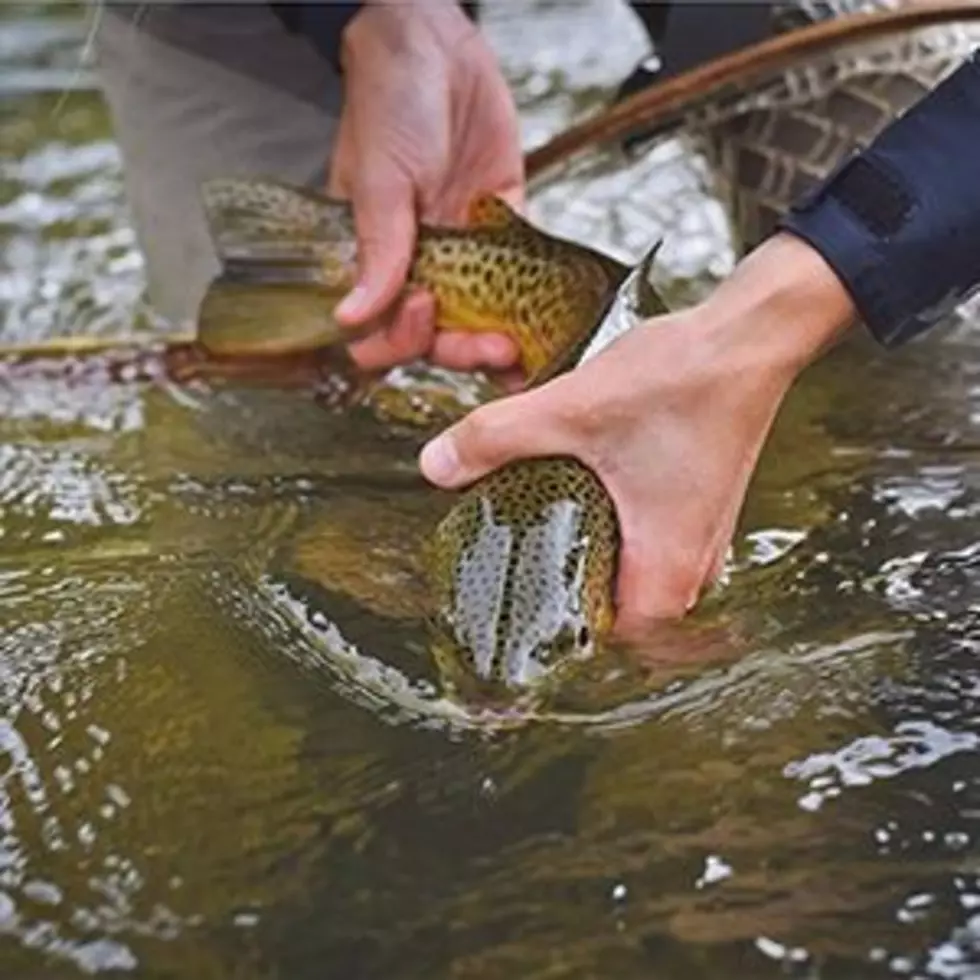
Montana FWP tries to reverse salmon, elk blunders
After making so many hunting and fishing changes so fast, Montana Fish, Wildlife & Parks is now scrambling to fix a number of blunders.
On Tuesday, the FWP commission went so far as to reverse Georgetown Lake regulations that were already approved, something reserved only for emergencies.
At the FWP commission meeting, Fisheries Bureau Chief Eileen Ryce said her division had recently received a fair amount of pushback from Georgetown Lake anglers after the anglers learned the regulations for kokanee had changed.
After receiving no public comment in early September on the kokanee changes, the FWP commission approved all state fishing regulations to go into effect in March. The department managed to post the new regulations online prior to March 1, but paper regulation booklets were slow coming out.
Once they did, some Georgetown ice fishermen flipped through the pages and were surprised to see they were no longer allowed to catch unlimited numbers of kokanee.
Instead, the standard limit of 20 kokanee per day with 40 in possession was to apply throughout the Western District with no exception for Georgetown Lake west of Anaconda.
Phones began to ring.
“Upon review of the change process, the fish division made a couple of errors. One was not reaching out to more local Georgetown anglers to receive public input on the change. The second was not tying the rational for the change more closely to the population trends,” Ryce said.
Annual surveys of the kokanee catch on Georgetown Lake had shifted from a lot of smaller fish, which indicates overpopulation, to some larger fish, indicating a more quality fishery. Setting a 20-fish limit would preserve the opportunity to catch bigger fish, Ryce said.
However, Anaconda fishermen should have been contacted because they prefer quantity to size, said Anaconda Sportsmen’s Club president Gary Oldhouse. Anaconda angler Chris Marchion explained that locals fish for salmon to can and eat, not for sport, and you need a lot of fish for a canning batch.
“We are disappointed in the way this happened,” Marchion said. “There was no contact with us that this regulation was going to be there. And that’s pretty insulting.”
Ryce said the commission could choose to do nothing since the ice-fishing season is already over. Then this fall, her division could reconsider the limit for the 2023 season. Or the commission could immediately reinstate the 2021 regulation of unlimited catch.
Region 3 Commissioner Pat Byorth said changes to regulations didn’t seem justified after they’d already been in effect for six weeks, especially since the changes had been publicized and the public had been allowed to comment but didn’t. He pointed out that the department has pushed for simplification and a one-size-fits-all kokanee regulation is simpler.
“My inclination is to say let the regulation play out and commit to reviewing it when the time comes,” Byorth said.
Montana Trout Unlimited spokesman Clayton Elliot also argued against reversing the regulation.
“I hope that the move from a four-year cycle to a two-year cycle allows us to be more nimble and flexible so we can avoid these haphazard, one-at-a-time changes because a few people are upset about a regulation,” Elliot said. “I understand the frustration but there were three public comment opportunities that people missed.”
However, Region 2 commissioner Jana Waller made a motion to return to an unlimited catch. The motion passed.
Meanwhile, FWP is dealing with another blunder with regard to its permitting system. Sportsmen who applied for FWP deer and elk permits were supposed to learn on Thursday if they were successful. Some weren’t, but a day later, they learned that their second and third choices hadn’t been considered.
The new computer system FWP started using had eliminated the second and third choices of applicants who applied for first-choice-only districts. The mistake affected almost 2,500 applications in 10 hunting districts.
Some are questioning FWP director Hank Worsech’s decision to increase the number of permits in those districts to give opportunities to everyone affected.
“As soon as FWP became aware of the technical glitch, our licensing staff worked around-the-clock to fix it and make it right with hunters who were inadvertently removed from the draw,” Worsech said Friday in a statement.
